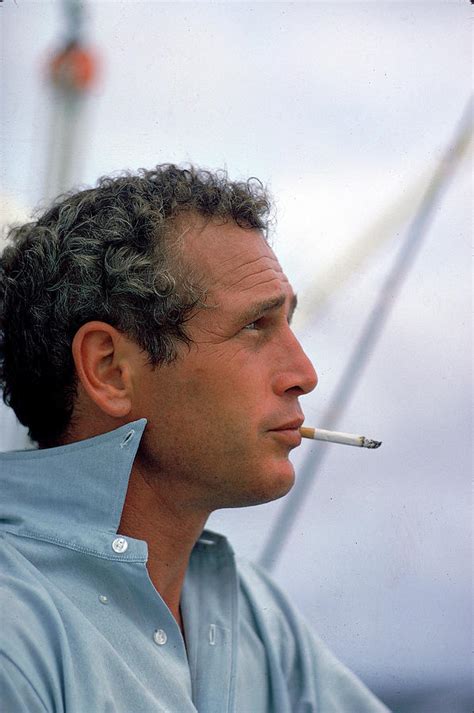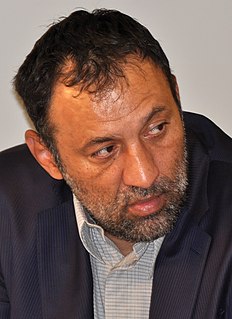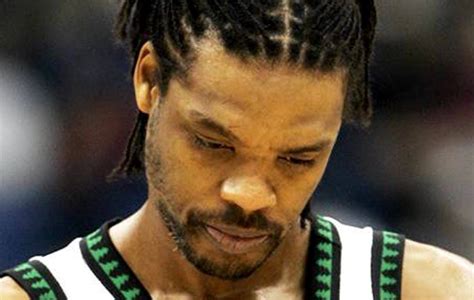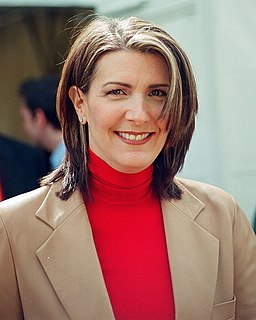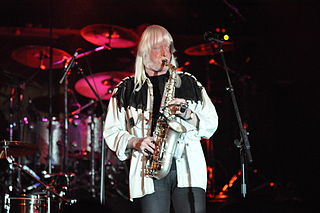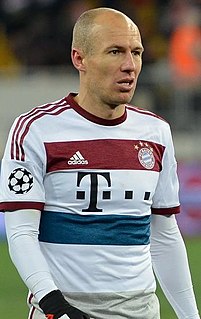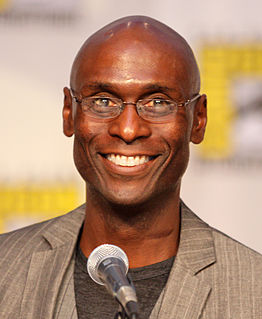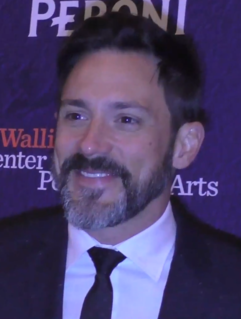A Quote by Paul Smoker
I don't really have a career as a jazz musician. I don't really have a career as a classical musician. I don't really have a career as a college professor, and yet I did all those things and I did them well. I put out some records in the 1980's and 1990's that changed the way some trumpet players played.
Related Quotes
When you get in the middle of a career and you're successful, people come and offer you things. My biggest fear was that if you try to do something else and you're trying to build your music career, and then you say, "I'm going to go do a movie," and you're terrible, you can really hurt your music career because as a musician, the goal is to be cool. You're playing the guitar and you're in front of all these people and your vibe is to be as cool as you can possibly be.
I think it's a good way to sort of build your career and even when I was a young kid, I did the same thing, I looked at these guitar players, like ...I was a big fan of Steve Vai, and Al DiMeola, and said "What do those guys do?" and I found out that they went to Berkelee College of music, so I was like "Well, I'm going to go to Berkelee College of Music", and you try to, like, learn from those things, so... It's important.
A very odd thing happened to my career when I got The Wire. My career was pretty much a steady climb; I didn't really flatline much. When I did The Wire, that's when I thought all the doors would open, but that's when things flatlined. I had a really hard time just getting seen for film, which was the next step.
For me, music is sort of my passion, more so than being an actor. I just never tried to make a career as a musician. It was just something that I did on my own time, just for me. I had written a lot of songs, but I don't really record a lot of music because, for me, it's the same way as a poet: I write to get things out. It's sort of cathartic.
I did attempt to find out if there were any secret government documents that revealed things. If there were, they were concealed from me too. And if there were, well I wouldn't be the first American president that underlings have lied to, or that career bureaucrats have waited out. But there may be some career person sitting around somewhere, hiding these dark secrets, even from elected presidents. But if so, they successfully eluded me...and I'm almost embarrassed to tell you I did (chuckling) try to find out.
When I was younger, I thought, 'Ok, I'm supposed to do this project because it'll help my career,' but that didn't work because I ended up doing movies that I worked really hard on but I didn't really like and they didn't turn out well, so it was like I lost double. Once I just started working with people and projects I believed in, everything changed and I suddenly had a career that I loved and that I was proud of.
